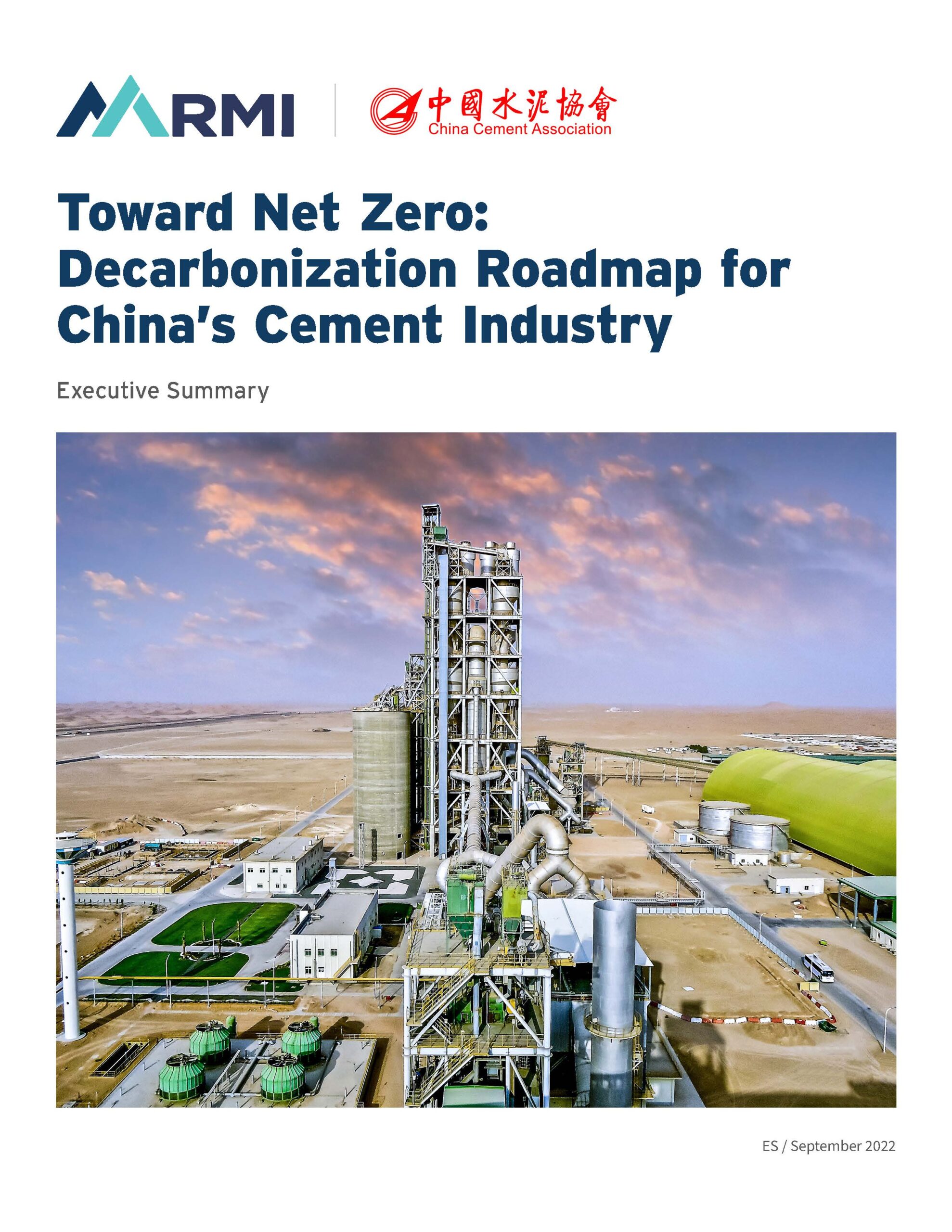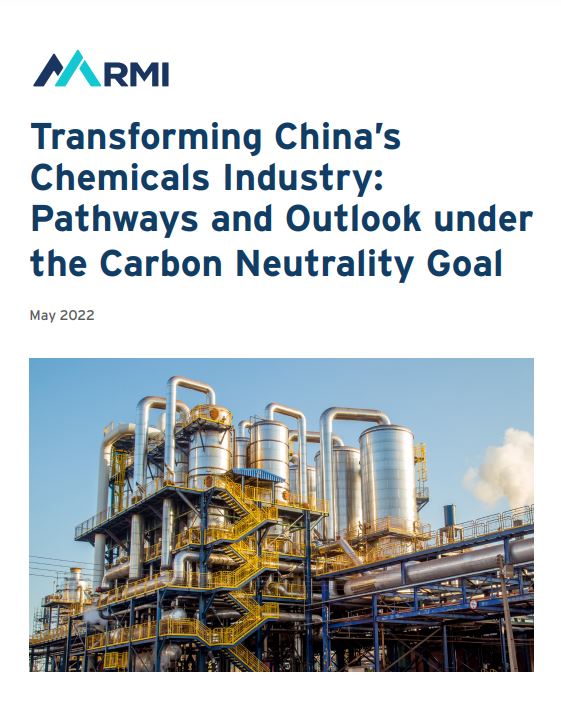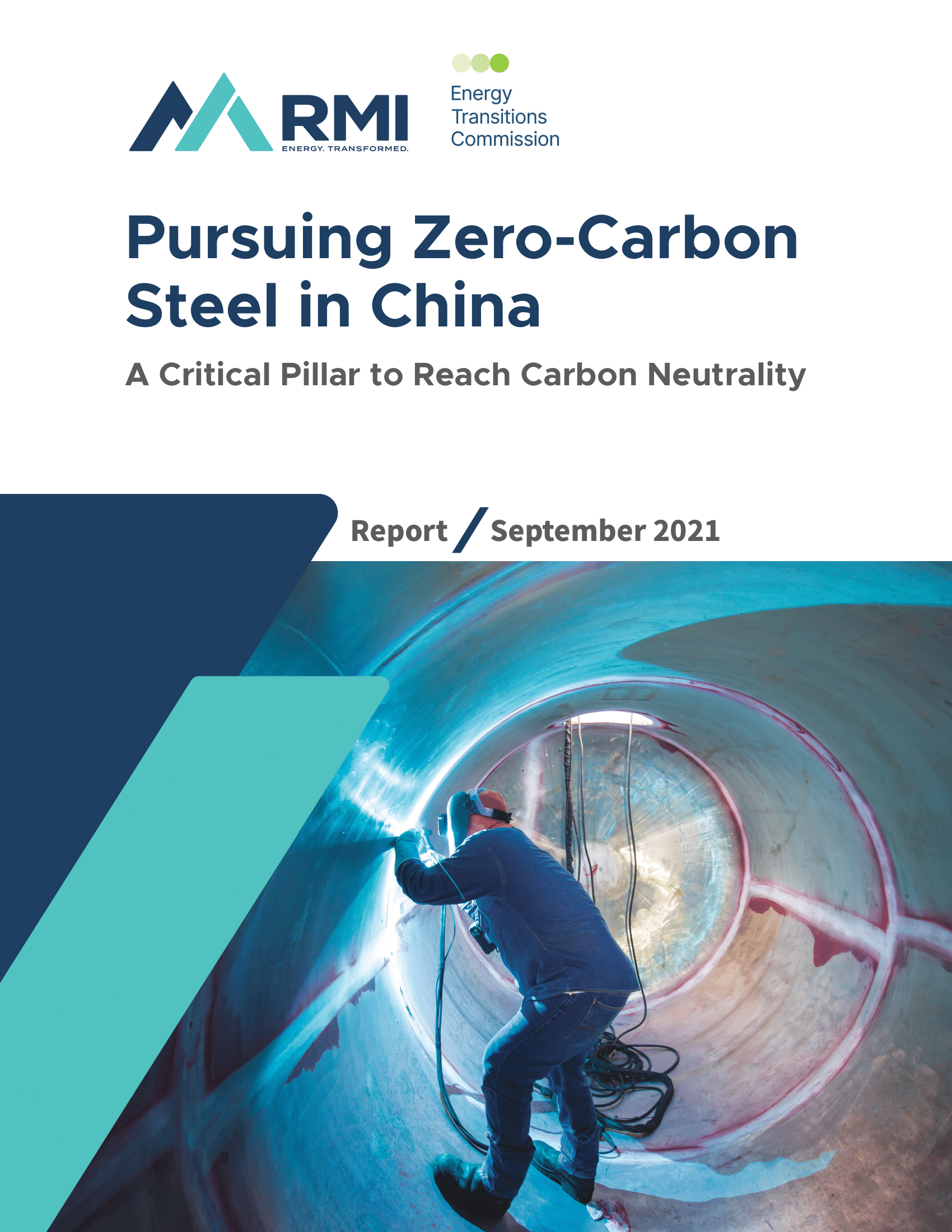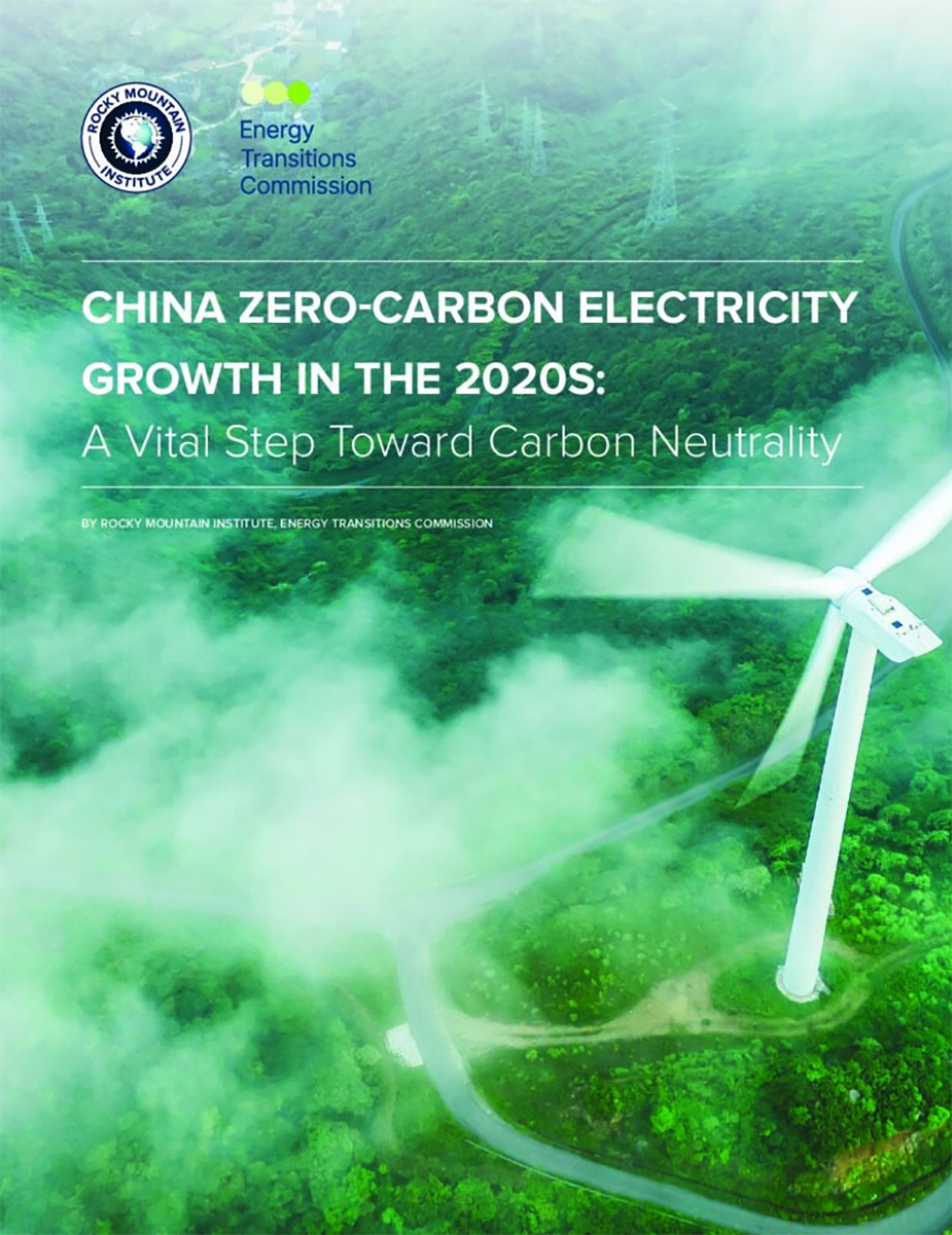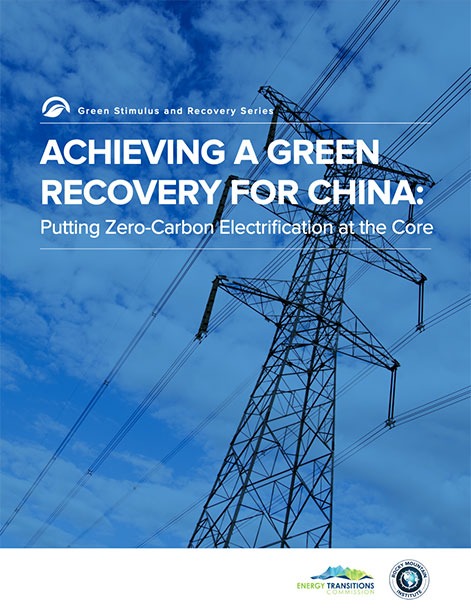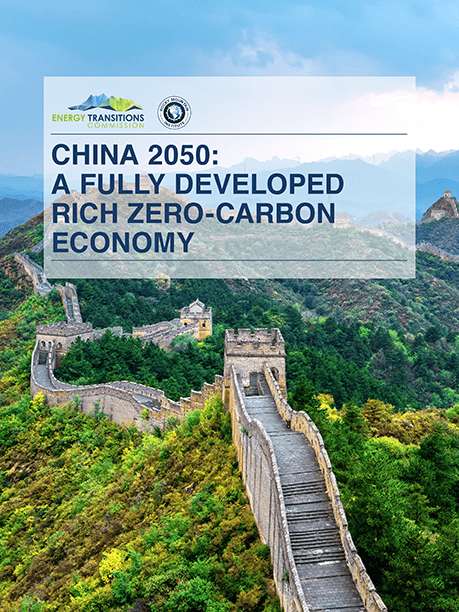China
China’s energy transition by mid-century
What China does is of crucial importance for the global greenhouse gas (GHG) emissions trajectory, because of the country’s share of global emissions, its major role in infrastructure financing across the world and its technology leadership potential.
The ETC partners with the Rocky Mountain Institute (RMI) Beijing for its China programme which aims to provide analytical inputs on the feasible pace of the Chinese energy transition for policymakers around the 14th Five-Year Plan and Mid-Century Strategy. At the same time, it aims to convene and strengthen a group of leading Chinese industry players to help identify the business opportunities that a rapid energy transition would create.

China’s net-zero carbon emissions target
In 2019, RMI China programme undertook a six-month project to analyse what it would take for the nation to achieve net-zero carbon emissions by 2050. The report arising from this work – “China 2050: a fully developed rich zero-carbon economy” – was launched in November 2019 and was received as a ground-breaking analysis. It demonstrated that China could leverage its extensive wind and solar potential to build a zero-carbon-emissions economy at low cost by focusing on zero-carbon electrification and a massive scale-up of hydrogen production, primarily from electrolysis.
The RMI China is now focusing on mapping pathways to decarbonising heavy industry in China, having published roadmaps toward net zero for the Cement, Chemicals and Steel industries.
Action required for the energy transition in China
The ongoing work of the ETC and RMI China collaboration focuses on how to speed up the energy transition through policy and business action, with a particular focus on:
- The power system – in particular the rapid acceleration of renewable electricity deployment and the phase-out of coal-fired power generation;
- How to decarbonise heavy industry sectors such as steel, cement and chemicals in a country that accounts for about half of global production;
- How to develop and scale a green hydrogen economy.
To know more please contact Shuyi Li or visit https://rmi.org/our-work/global-energy-transitions/china-program/


